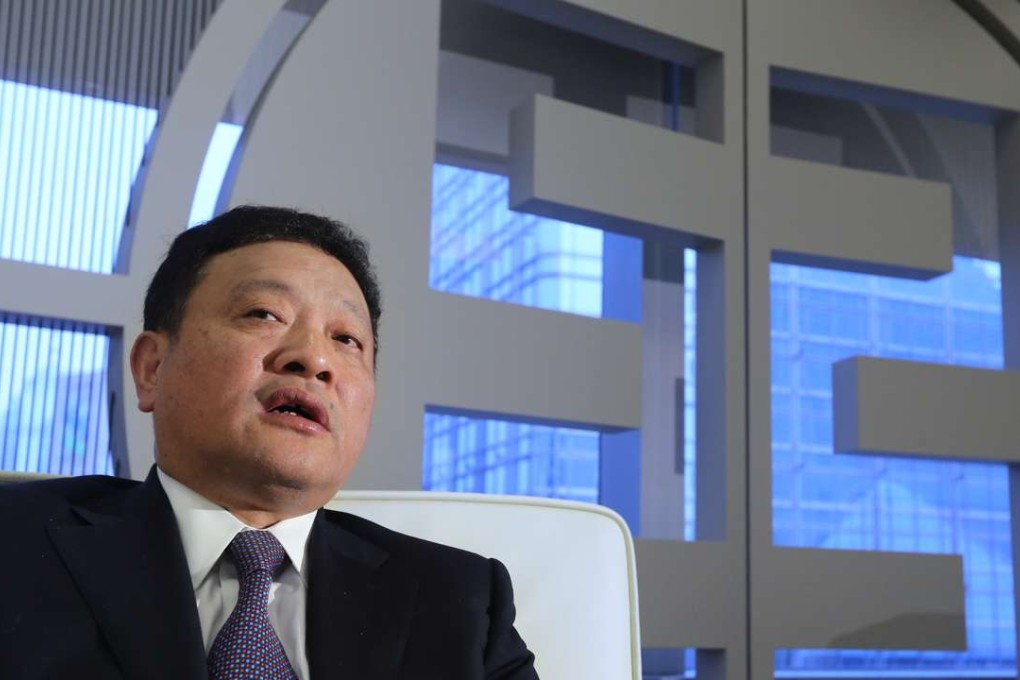
Chen Aiping, chairman of Industrial and Commercial Bank of China (ICBC) Asia, the overseas banking business of ICBC, expects to expand its Asia-Pacific business under China’s national policies of “one belt, one road” and ”go-global”.
“Twenty per cent of ICBC Asia’s net profit is forecast to come from its Asia-Pacific business in 2018,” Chen said, adding that the “greater China” area comprising China, Hong Kong, Macau and Taiwan will gradually account for a smaller proportion of the bank’s business.
“We will give priority to develop the areas where our parent company ICBC has branches, including Southeast Asia, South Asia and the Middle East,” he said.
ICBC Asia provided HK$20 billion in finance projects mainly serving for infrastructure and merger and acquisition deals in the months leading up to the official launch of its Asia-Pacific business on April 1. The major projects are in India, Thailand and Australia.
ICBC Asia is to focus on the asset development business and participate in large-scale Asia-Pacific financing projects implementing the “belt and road” initiative, including merger and acquisitions and loan syndications, Chen added.
ICBC Asia, a subsidiary of ICBC is a licensed bank incorporated in Hong Kong. ICBC acquired Union Bank of Hong Kong before a rebranding in July 2001. Chen said ICBC Asia now ranks fifth among Hong Kong banks in terms of net profit. The bank reported a net profit of HK$ 6.37 billion in 2014.
With the strong profit growth, Chen says the bank won’t need further capital to develop its Asia-Pacific business.